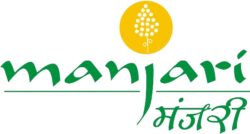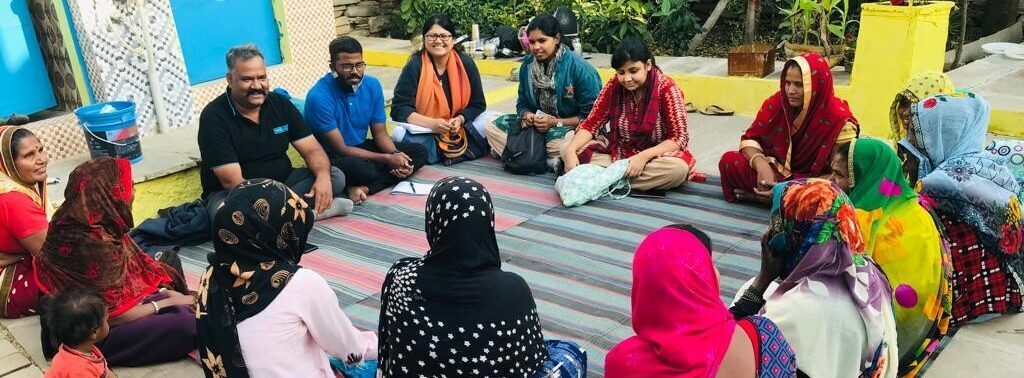The natural stone sector in Rajasthan, India
India is one of the largest producers of natural stone in the world. The stone mining and processing industry is a major employer, with three million people directly or indirectly employed.
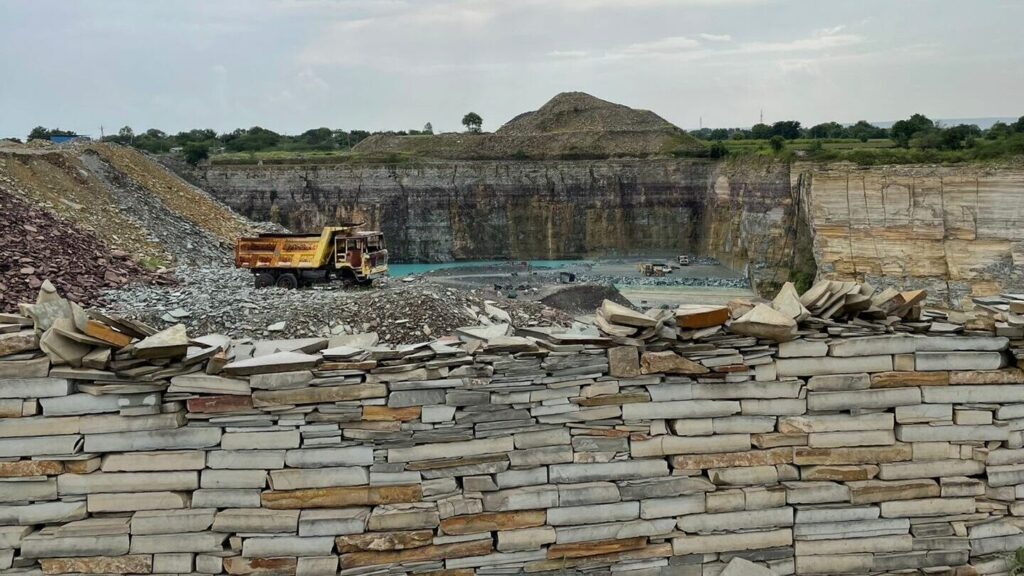
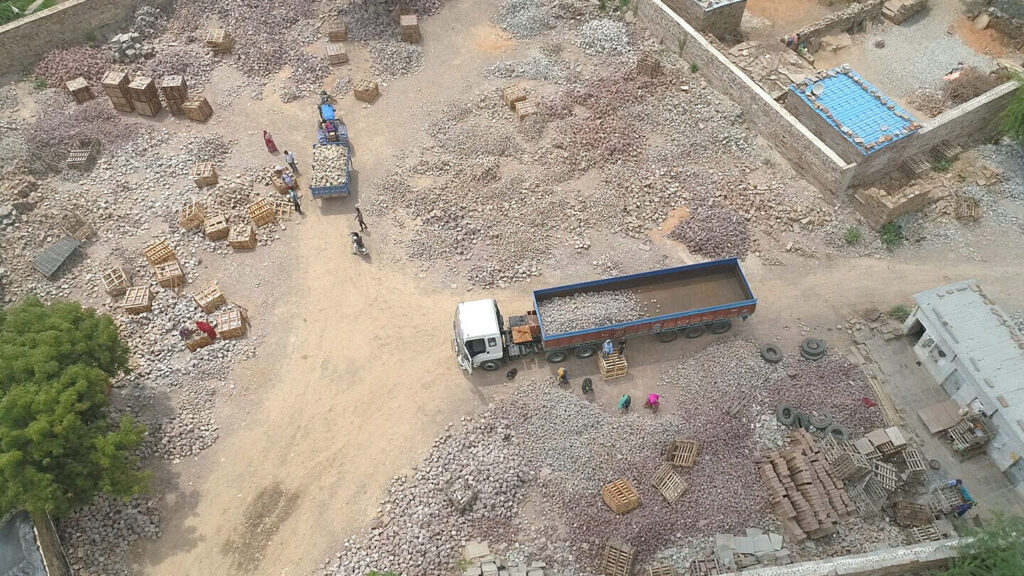
Rajasthan: natural stone production
India is one of the largest producers of natural stone – including granite, marble, sandstone, slate and quartzite – in the world; the country accounts for about 27% of the world’s total natural stone production. Rajasthan is the largest stone producer in the country and accounts for about 90% of the country’s total natural stone production.

Rajasthan, geographically the India’s biggest state, has 33,000 mining leases. Most of these mines are sandstone mines and quarries operating in an unorganised manner. Rajasthan contributes around 10% of the world’s total sandstone production, and accounts for more than 70% of the total sandstone production in the country.
Workers, particularly those mining at quarry sites, are often subjected to the denial of their rights as workers, low wages, and inhumane working conditions. Children join the natural stone supply chain mainly at the lower and informal levels. Studies have indicated a high incidence of young children involved in home-based work (especially cobble-making). Older children (aged 14-17) work in other parts of the supply chain such as stone-cutting workplaces, or are helpers in machines. The lack of occupational health and safety measures remains a serious concern in this industry, with mining workers subjected to unsafe working conditions and as a result suffering health problems, including the incurable and fatal lung disease silicosis.
Working conditions
Child labour has been greatly reduced in the quarries, but is still common in home-based cobblestone-making and in work related to the mines. Women mainly cut cobbles, but also carry waste stone in the mines and help to load slabs onto trucks. Silicosis, an incurable lung disease, is a major problem among sandstone mine workers, especially those involved in drilling.
Budhpura: in the heart of the sandstone production
Budhpura is a rural area in the heart of the sandstone belt in Bundi district in the south-east of Rajasthan. The area is a major source of sandstone cobbles, which are mainly sold on the Belgian, northern French, British and Dutch markets. Cobblestones are produced from quarry waste stone and production takes place in a belt of ten to fifteen kilometres around Budhpura. Budhpura, Dhabi, and Parana are the central focus of cobble production for export.
Budhpura has thirteen villages or hamlets comprising 2,422 households. The mainstay of livelihoods in this area is sandstone mining and processing work, along with other mining-related services such as the transportation of stones. Most of the workers engaged in mining work are migrants, who settle near mines along with their families. During the rainy season, July to September, mines are filled with water and mining activities are paused. In this period workers often accept advances from contractors, as they have no regular income. In this manner, mine owners safeguard the labour force to return to work as soon as mining recommences in October.
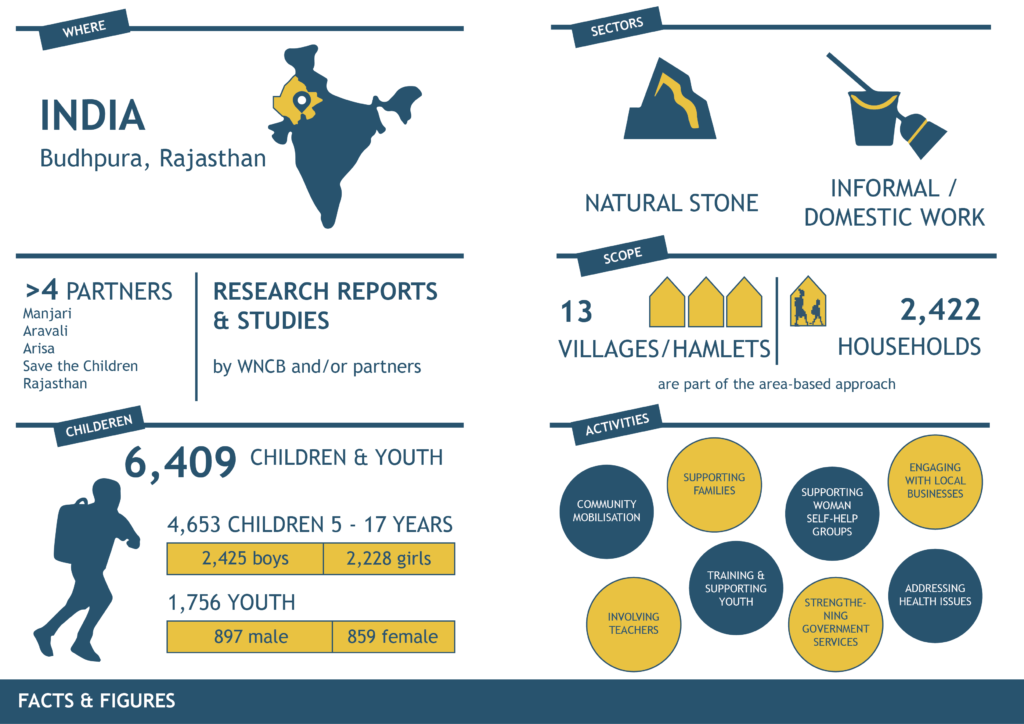
Social structures
Traditionally most villages in Rajasthan have a long history of established structures in which people have different livelihoods, often in line with their caste. Agriculture and livestock are the main livelihood activities for the majority of the population living in rural Rajasthan.
The situation in Budhpura, however, is very different from other rural communities and villages in Rajasthan. For the past 50 years, migrants from other places in Rajasthan as well as from other states have settled in hamlets in Budhpura, having come to the region to work in the sandstone mines and on sandstone cobble production. At present more than 80% of the people in Budhpura are dependent on the sandstone industry as their only source of income. In Budhpura all migrant families belong to Scheduled Castes and Tribes, which are socially-deprived groups, and they all have more or less the same socioeconomic status.
Read the story of Mr Ramswarup, a migrant worker.
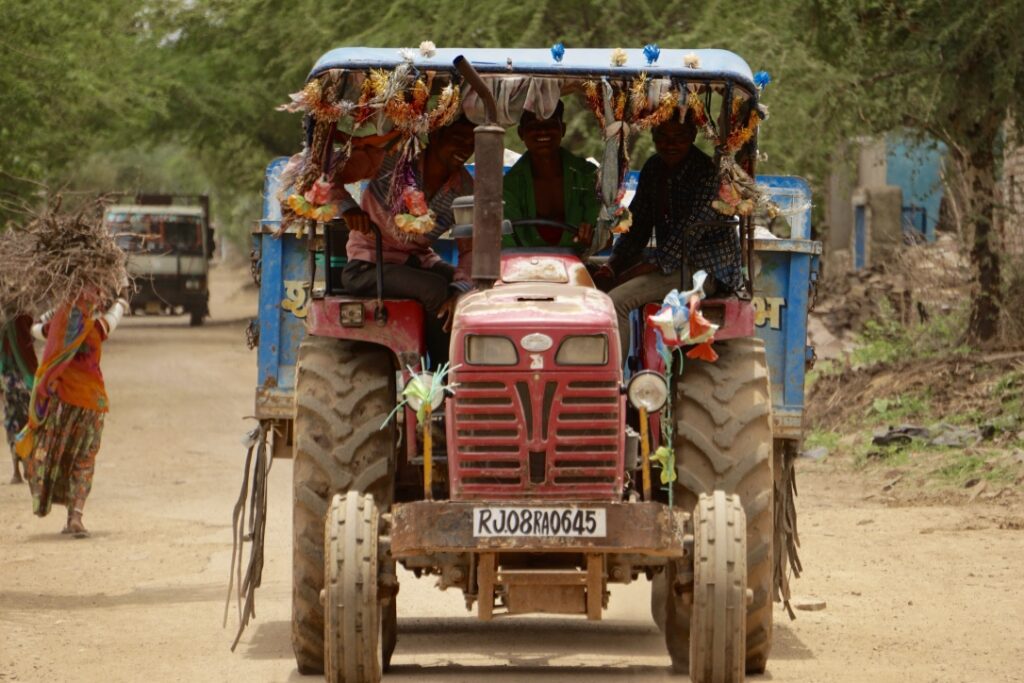
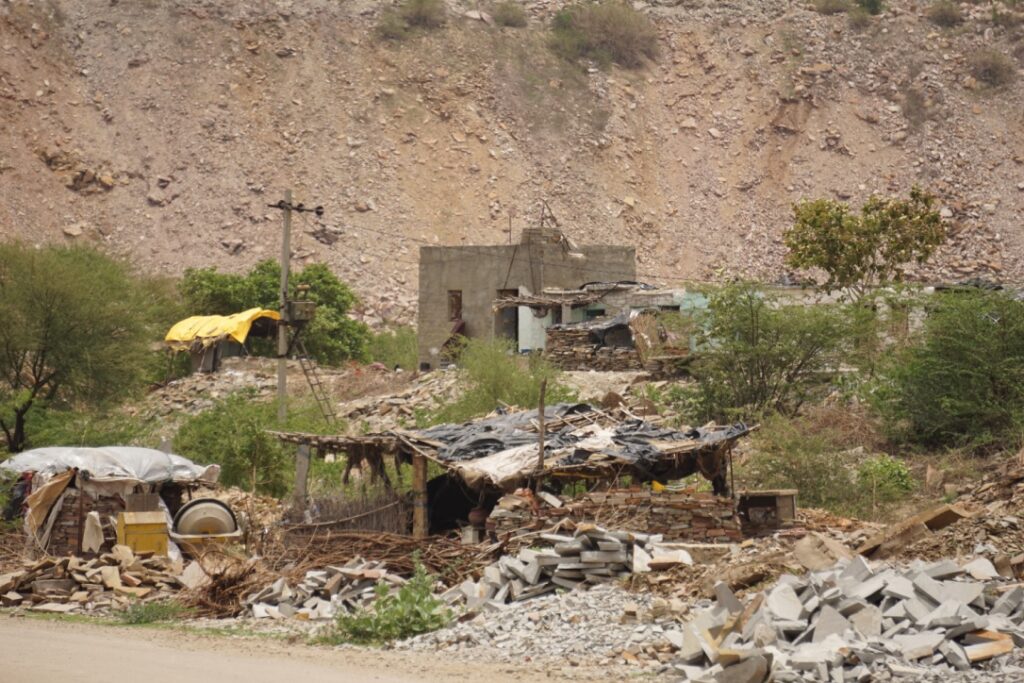
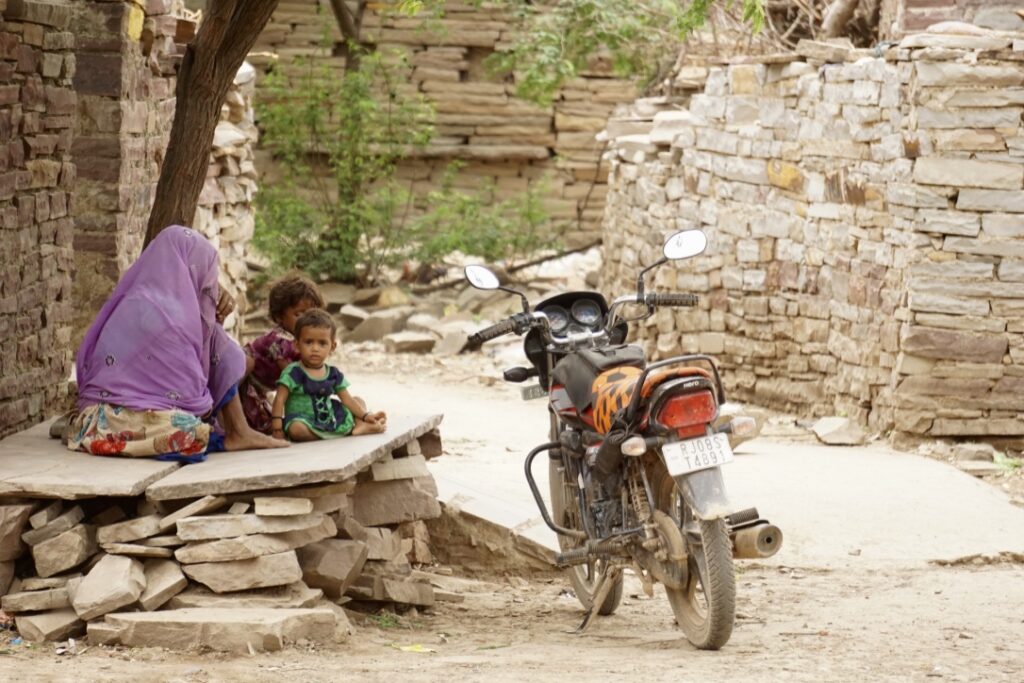
Child labour
The definition of child labour we use is: “Any form of work performed by children under the age of 15 that interferes with their right to formal quality education, and/or that is mentally, physically, socially and morally dangerous and harmful for their health and development; as well as any form of hazardous work performed by children between 15 and 18 years old.”
In Budhpura, children join the natural stone supply chain mainly at the lower and informal levels. Studies have indicated a high incidence of young children involved in home-based work (such as cobble-making). Older children (aged 14-17) work in other parts of the supply chain such as stone-cutting workplaces, or are helpers in machines. In the supply chain, the unorganised cobble-making is home-based. Although many children attend school, they also cut cobbles at home after school. These children are at higher risk of dropping out and working full-time in cobble-making.
Poverty is often not the decisive factor in pushing children into work. Social norms and traditions, social exclusion, discrimination and poorly-functioning education systems are the main reasons why children work. The lack of decent work for adults and weak laws/law enforcement by governments also contribute to the persistence of child labour.
WNCB partners working in Budhpura
Manjari is implementing the programme in Budhpura. ARAVALI supports Manjari in strengthening its work with different actors in the natural stone supply chain. Arisa is involved in researching and documenting issues involving workers and their rights at work. This evidence is used to advocate with international buyers for fair working conditions for the Budhpura mining community.
WNCB partners Save the Children India and All India Primary Teachers Federation work on thematic areas of education and advocacy in Rajasthan.
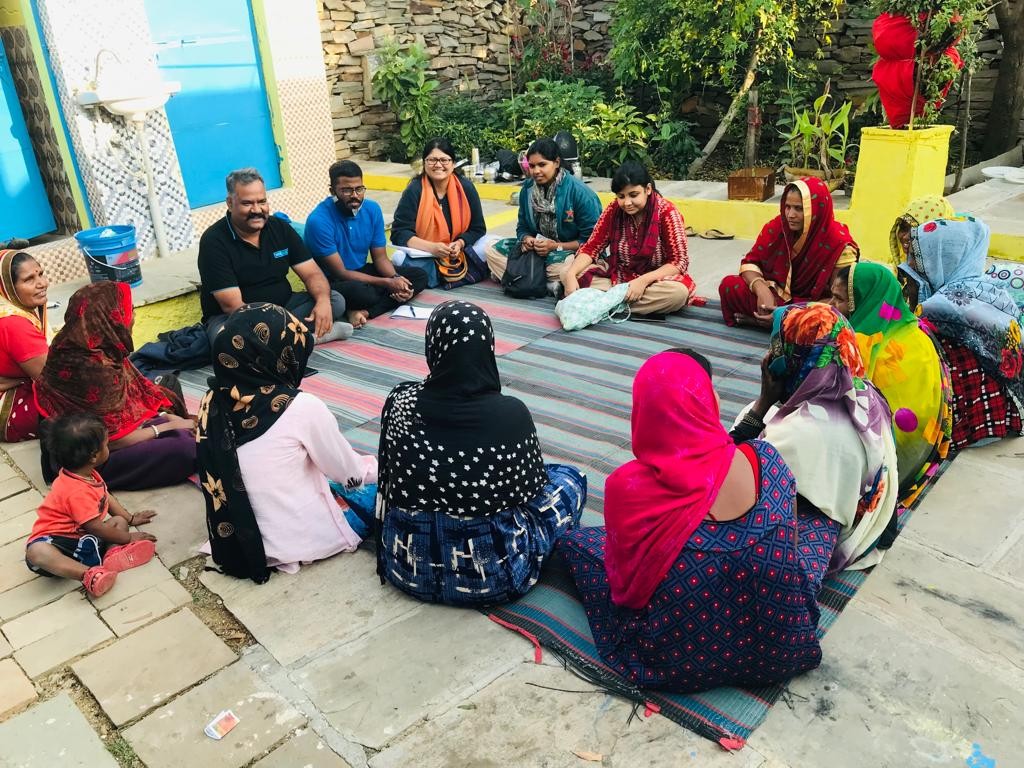
Manjari
Manjari is a NGO working in Budhpura and the surrounding hamlets since September 2009. Manjari specifically works with mining communities, enhancing opportunities for children and youth. Manjari invests in developing and strengthening community processes around mining work, such as labour rights, institutional credit and strengthening livelihoods.
Read more

ARAVALI
ARAVALI is a semi-governmental organisation established by the government of Rajasthan. ARAVALI enhances the capacities of voluntary organisations and creates an enabling environment for collaboration between the voluntary sector, government and other stakeholders. ARAVALI hosts the secretariat of the Sustainability Forum on Natural Stone (SFNS).
Read more
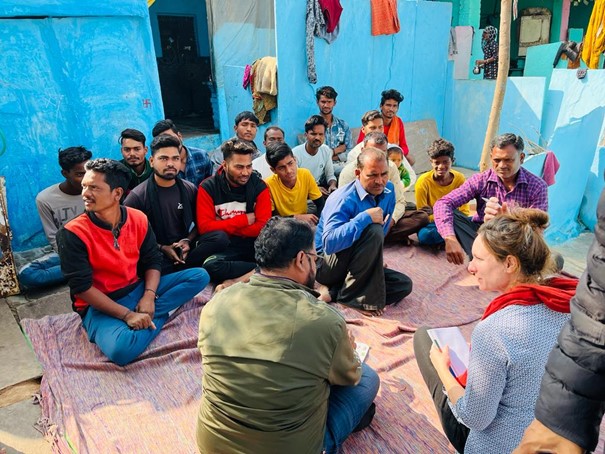
Arisa
Arisa – Advocating Rights in South Asia – works to improve working conditions in supply chains in South Asia, and monitors labour conditions in the production of clothing, leather, natural stone and vegetable seeds. Arisa works closely with Manjari and ARAVALI. Arisa is a member of TruStone, a multi-stakeholder initiative in the Netherlands and Belgium for the natural stone sector.
Read more
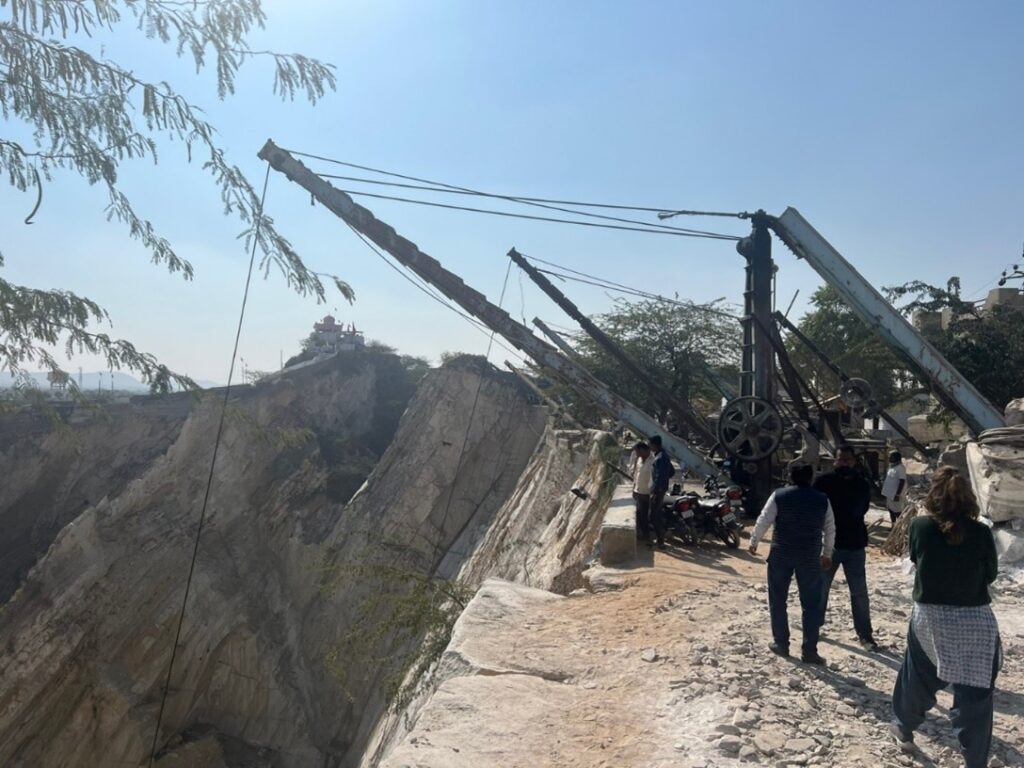
SFNS
SFNS (Sustainability Forum on Natural Stone) is a multi-stakeholder forum working on raising awareness and building capacity among diverse supply chain actors in the natural stone sector in Rajasthan. SFNS encourages the implementation of the Business & Human Rights guidelines and building dialogue with key stakeholders such as governments.
Read more
